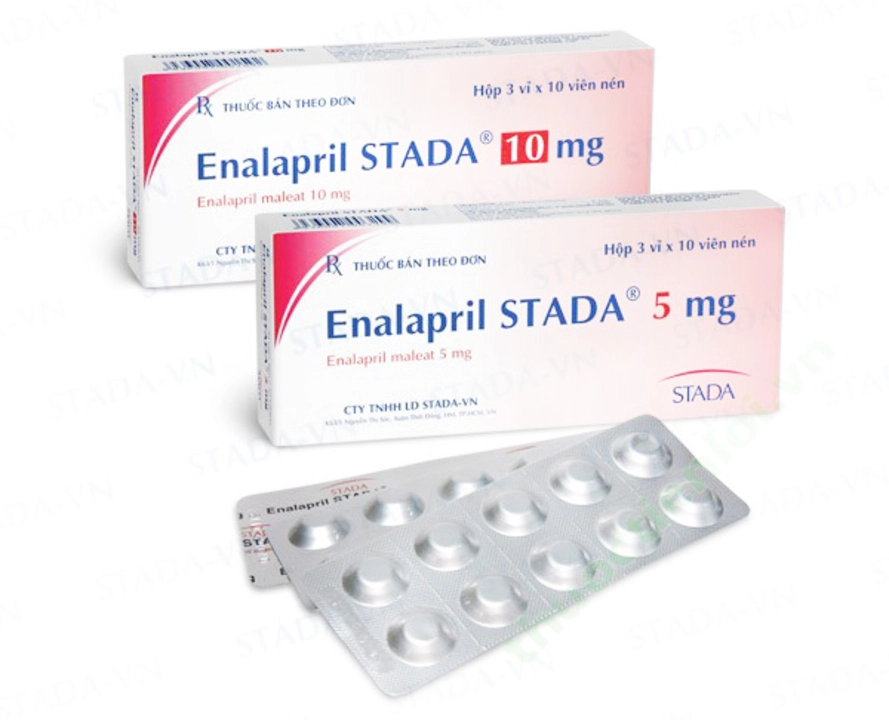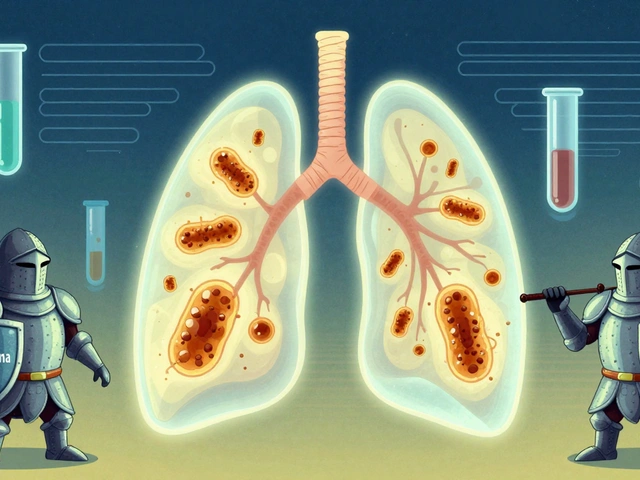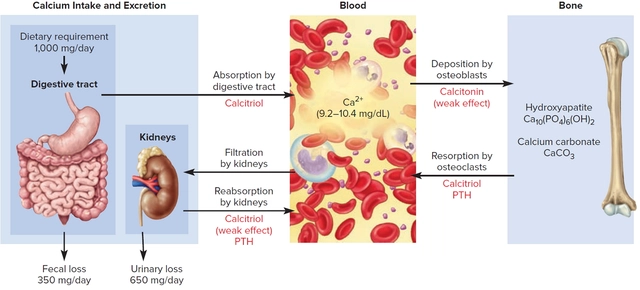Depression: Practical Help, Treatments, and What to Expect
Feeling stuck, hopeless, or flat for weeks? That’s often depression, not just a bad mood. Look for lasting low mood, lost interest in hobbies, low energy, sleep or appetite changes, trouble concentrating, or guilt. If these affect daily life for two weeks or more, reach out to a clinician.
Treatment options
Depression responds well to treatment. Two main paths are therapy and medication. Cognitive-behavioral therapy (CBT) and interpersonal therapy help change thinking and daily habits. Many people get real benefit from talk therapy alone.
Common meds include SSRIs (for example, sertraline, known as Zoloft), SNRIs, bupropion, and older options when needed. If mood swings suggest bipolar disorder, mood stabilizers or anticonvulsants such as valproate (Depakote) may be used instead of typical antidepressants. Which drug fits you depends on your symptoms, past responses, side effects, other health issues, and pregnancy plans.
Expect several weeks before a full effect—usually four to eight weeks. Early side effects like nausea, mild headaches, or sleep shifts often ease. If side effects continue or you see worsening mood or suicidal thoughts, contact your prescriber right away.
Practical steps today
Small actions add up. Try one modest goal each day: a short walk, a simple phone call, or consistent sleep times. Keep alcohol and recreational drugs to a minimum; they make recovery harder and can clash with medications.
If you start medication, don’t stop it suddenly. Stopping can cause withdrawal symptoms. Always tell your doctor about other medicines and supplements—some interactions matter. For some drugs, your clinician will check blood tests: for example, Depakote usually requires liver and platelet checks. SNRIs can raise blood pressure, so monitoring may be needed.
Follow-up matters. A quick check a few weeks after starting a med helps catch problems early. If one treatment doesn’t work, ask about switching medicines, changing doses, or adding therapy. Combining therapy and meds often speeds recovery for moderate to severe depression.
Thinking of buying meds online? Use pharmacies that require a prescription, show clear contact details, and have accreditation. Our site has guides on buying safely—read them before you order.
Watch for urgent signs: severe confusion, trouble breathing, inability to care for yourself, or active suicidal thoughts. If you see these, seek emergency care or call local crisis lines immediately.
Recovery is usually gradual. Track your mood, share progress with your clinician, and celebrate small wins. With the right plan—therapy, safe meds, routine changes, and support—you can get better. If you’re unsure where to start, call your primary care doctor or a mental health specialist and ask for a clear, step-by-step plan.
 13 May 2023
13 May 2023
Can atenolol cause or worsen depression? What you need to know
As a blogger, I recently researched the potential link between atenolol and depression. Atenolol is a beta-blocker commonly prescribed for high blood pressure and heart issues, but it's important to know that it can sometimes cause or worsen depression in certain individuals. It's unclear why this occurs, but some experts believe it may be due to the drug's effect on brain chemicals. If you're taking atenolol and are experiencing symptoms of depression, it's crucial to discuss this with your healthcare provider. They may suggest an alternative medication or provide additional support to help manage your mental health.
 6 May 2023
6 May 2023
Enalapril and Depression: Understanding the Connection
As a blogger, I recently came across the connection between Enalapril and depression, which I found quite fascinating. Enalapril is a medication primarily used to treat high blood pressure, but it has also been linked to causing or worsening depression in some patients. This connection seems to be due to the way Enalapril affects certain chemicals in our brain, which can trigger depressive symptoms. It's important to discuss any concerns with your doctor if you're taking Enalapril and experiencing feelings of depression. Being aware of this potential side effect can help ensure proper care and management of both conditions.
Latest Posts
-

6 Effective Alternatives to Prelone in 2025
-

Buy Cheap Generic Albuterol Online - Fast, Safe & Low‑Cost Guide
-

Tuberculosis: Understanding Latent Infection, Active Disease, and How Drug Therapy Works
-

Lansoprazole and its impact on vitamin and mineral absorption
-

Felix Weight Loss Program Honest Review: Pricing, Medications & User Experience in 2025

12